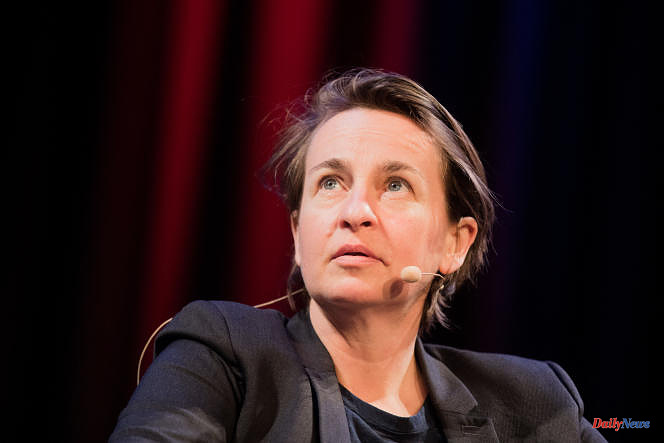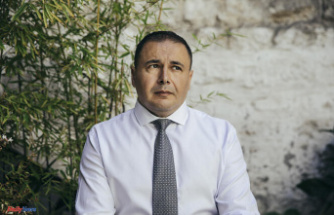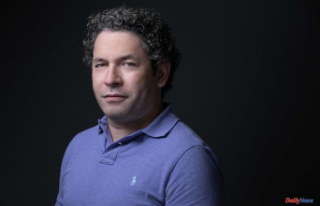Repeat. That Richard Gaitet is the best thing that has happened to literary criticism and that in a time of ad nauseam promotion and a stifling interpersonal relationship, his "Bookmakers" podcast is not only a breath of fresh air but a oasis of intelligence. Because Richard Gaitet really reads - and probably rather twice or nothing. Because he reads exhaustively a work that he questions. Because what he gets out of it, for our ears who still can't get over being suddenly treated so well, is up to his interviews: demanding and intense. And, what does not spoil anything, everything is particularly well done (by Charlie Marcelet) and set to music (original, by Samuel Hirsch).
It would have been possible to stop weaving laurels here for Emperor Gaitet, but his last three episodes are of a density rarely equaled. It must also be said that he went to see one of our authors "the most adventurous in contemporary French-speaking fiction", according to him: Céline Minard, revealed by critics with Le Dernier Monde (Denoël, 2007) and author, between others, from Bastard Battle (medieval battle tinged with manga, Léo Scheer, 2008), Faillir être flingué (Inter book prize, Rivages, 2014) and Plasmas (Grand Prix de l'imaginaire, Rivages, 2022).
"Multiply the kinds of spaces"
Episode 1. To the ritual question of Inspector Gaitet: what is the word that best corresponds to your work? "Space, maybe spaces because that's what I try to create (…) Because I try to multiply the kinds of spaces, the tones, the textures, the volumes. It's the imaginary space, it's the literary space, it's the space to live in, and for me, a book, whether you write it or read it, is a place where we live for a while. » Brilliant answer, and everything will be in this vein. Because of his biography and many other things, you will not have his trouble. Especially since, "the biography of a writer is his library".
As a child, it was La Petite Poule rousse, because "the Martines were unbreathable". The discovery of François Villon: “Fortunately the school put me in front of this kind of texts. Then from Arno Schmidt: "Reading it was permission to blow up the world." He has an extremely busy writing, everything is alive, it's teeming everywhere. There will be Faulkner, Borges, Duras, Michaux, Elfriede Jelinek. And, of course, Don Quixote, which she rereads regularly: "All the great texts are those which, although closed and complete, are full of ambiguities and contradictions (…) I want to read impossible things which arise as An evidence. »
Then you have to "allow yourself to write." Allow yourself that freedom. Invent its place”. For a long time (episode 2), she will have written with the Dictionary of the French language of Alain Rey nearby, because, she says, "we enter the historical thickness of a word". Always by hand because "writing is a gesture".
To Richard Gaitet who tickles her with this demanding novelist thing, she replies: "I am a popular author. One may not understand a word or two; What is the problem ? We jump. And admits, "My novels cross genres, frame them, unveil them, collide them." They are transgender. What needs to be unbolted is the frame. »












